Controlling aphids indoors over winter on milkweed
christie_sw_mo
5 months ago
Related Stories
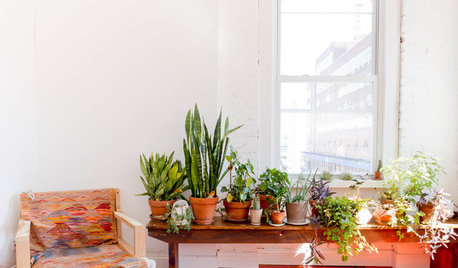
HOUSEPLANTSIndoor Winter Gardens for Cheerier Days
Bring plants inside for drab-days mood boosting — not to mention cleaner indoor air and protection for your greenery
Full Story
LIGHTINGIndoor Stars Light Winter Nights
Bring the night sky indoors with twinkling lanterns, star charts, clever curtains and more
Full Story
GARDENING GUIDESGarden Myths to Debunk as You Dig This Fall and Rest Over Winter
Termites hate wood mulch, don’t amend soil for trees, avoid gravel in planters — and more nuggets of garden wisdom
Full Story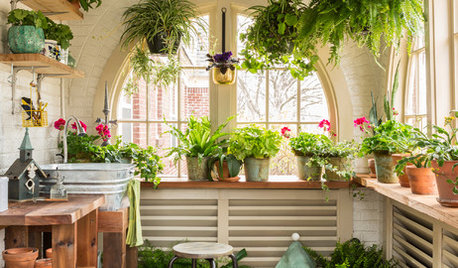
CONTAINER GARDENSIndoor Plants Add Style and Cheer in Winter
Bring more life and color to your interiors with container plants in every room of the house
Full Story
HOUSEPLANTS8 Essentials for Healthy Indoor Plants
Houseplants add so much to our homes — and can thrive when grown in the right conditions. Keep these tips in mind
Full Story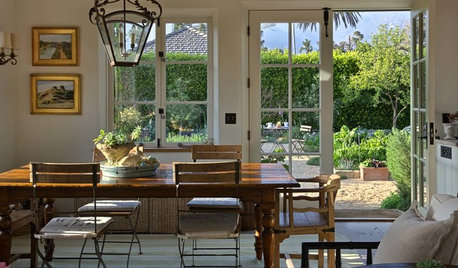
LANDSCAPE DESIGN9 Design Tips to Enhance Views of Your Garden From Indoors
Foster a stronger connection between home and garden by designing your landscape with window views in mind
Full Story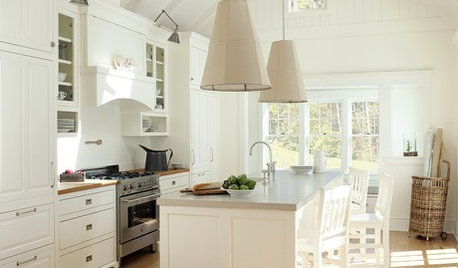
HEALTHY HOMEGet Cleaner Indoor Air Without Opening a Window
Mechanical ventilation can actually be better for your home than the natural kind. Find out the whys and hows here
Full Story
HOUSEPLANTSHow to Force Amaryllis Bulbs Indoors
Enjoy vibrant red blossoms even as gardens turn snowy white, by teaching this hardy repeat performer to ignore the calendar
Full Story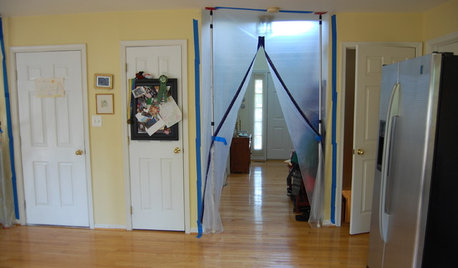
HEALTHY HOMEWhat to Know About Controlling Dust During Remodeling
You can't eliminate dust during construction, but there are ways to contain and remove as much of it as possible
Full Story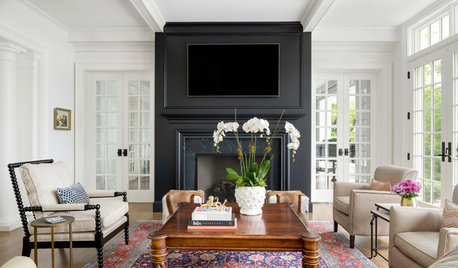
HOUSEPLANTSHow to Grow Orchids Indoors
Orchids are the exotic aristocrats of the flower world and can make themselves comfortable in almost any home
Full Story







Ashley Poole
christie_sw_moOriginal Author
Related Professionals
Wakefield Landscape Contractors · Pleasant Prairie Landscape Contractors · Lewisville Decks, Patios & Outdoor Enclosures · Bethel Park Landscape Contractors · Gainesville Landscape Contractors · Hilton Head Island Landscape Contractors · Lyndhurst Landscape Contractors · Hercules General Contractors · New Carrollton General Contractors · Whitehall Landscape Contractors · Duarte Fence Contractors · Coral Shores Window Contractors · Hesperia Window Contractors · Lake Arrowhead Window Contractors · Prairie Village Window ContractorsAshley Poole
Ashley Poole
cecily 7A
christie_sw_moOriginal Author
Jay 6a Chicago
dchall_san_antonio